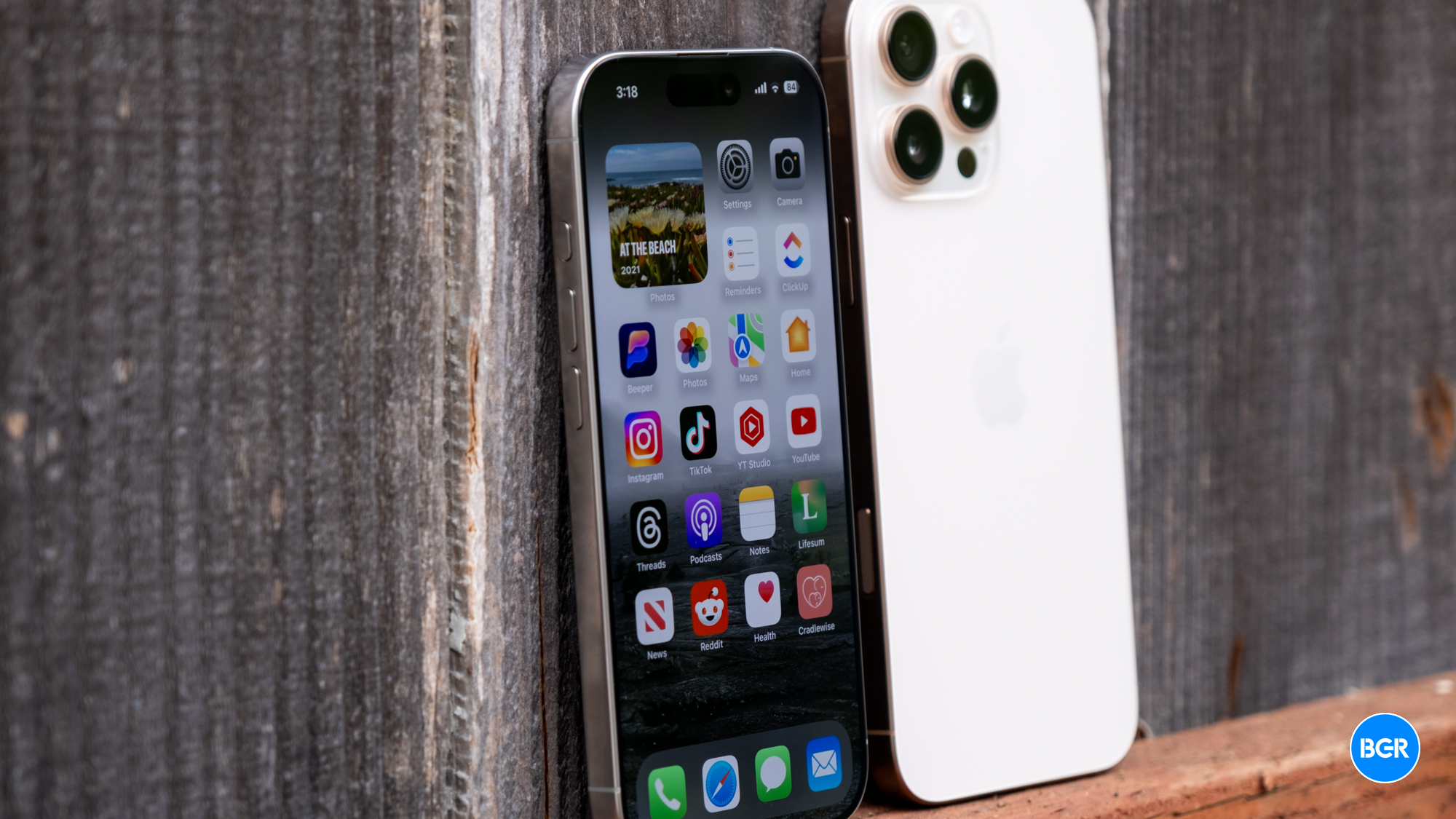At some point, most mobile games die. Apple’s iOS software updates have killed thousands of App Store games over the years: older games simply disappear, unless their developers make them compatible with every new device or software. (Most don’t, or can’t, devote such resources to that.) And for live mobile games, which encourage users to log in every day, the game’s popularity inevitably wanes and its developer stops updating it, leaving it inert and unplayable. . Sometimes there is no warning. A game is there one day and gone the next. A bleak fate indeed.
The mortality rate for mobile games is high: 83% of them fail within their first three years, according to one survey. But perhaps there’s another way. In 2017, Nintendo released a mobile version of its bestselling chill life-simulation game Animal Crossing. Named Pocket Camp, it ran for seven years before Nintendo ended support for it last month. But instead of letting the game die, the company has released a complete version for £8.99, packaging up years of content and letting players either transfer their data and keep their memories, or start fresh. The game lives on.
Pocket Camp is a good facsimile of the console Animal Crossing games, closer to the lighter-touch Happy Home Designer spin-offs than to the DS and Switch versions. Your hyper-kawaii character is in charge of a campsite, which you decorate with furniture and cute objects. Animals come to visit your campsite, if it’s set up in a way that pleases them, and chat nonsense with you. You can gift them things you find lying around – fruit, caught fish and, for reasons best left unexamined, live insects. The guitar-playing dog KK Slider – who, fun fact, is a caricature of one of Nintendo’s composers, Kazumi Totaka – plays campfire concerts.
The main difference between playing Pocket Camp and, say, Animal Crossing: New Horizons on the Switch is that Pocket Camp has no chill. It’s constantly bugging you to do inconsequential missions, collect more materials, craft more stuff. As is tradition with mobile games, every few minutes you get some kind of reward, and every action in the game is tracked on some kind of progression tree, encouraging you to keep playing. There are 12 currencies and tasks and locations and seasonal events to think about at any time. But it is, nonetheless, impressively fully featured. There are thousands of things to make and buy, hundreds of animal villagers to befriend. For £8.99, it feels generous.
The irony is that Pocket Camp is significantly better without all the insidious monetization that used to power it. I’ve dipped in and out of this game over the years, particularly when I was waiting for 2020’s New Horizons to come out, but was always put off by the omnipresent countdown timer, the manufactured urgency of logging in every day (or several times a day) to complete objectives. Quick, it’s time to harvest your fruit! Look, this special event is ending soon! Don’t you want those limited edition items? Don’t you want to buy some leaf tokens to speed up all this crafting? This is standard-issue for live mobile games, but it’s also incredibly intrusive, even when the game itself is worthwhile.
Pocket Camp Complete still bears the trappings of all those monetization systems; they’re baked into the game design. But it now freely doles out all those leaf tokens and bells and items, where before it would make you wait for them or pay for them. The pace of the game is transformed by this, and you can play without restrictions, for as long as you like at a time. Now it is a budget pocket version of Animal Crossing that I can recommend without caveats.
More developers should do this: when a live game has run its course, just package everything up and sell it for one price. It happens in the console world, where “game of the year” editions deliver an older game along with all of its bonus and extra content. This way, those who have been there for a game’s first life get to keep it, in some form. And such games may even find new players in their afterlife.
What to play
The dress-up fairytale adventure Infinity Nikki is out this week, a game that I’ve had an eye on for ages because it looks like nothing else out there. There’s no combat here, but instead there’s music, fishing, balloon rides and conversations with cats and frogs. Pink-haired Nikki is extremely fashion-forward, and almost everything you do in her world earns new components for her various incredible outfits. It is an intriguing combination of saccharine-sweet and completely weird – rather like Animal Crossing, actually.
Be aware: this being a free-to-play game, it is possible to drop hundreds of real pounds on virtual dresses, so make sure those settings are locked down if you’ve got tween children who want to play it.
Available on: PC, PS5, smartphones
Estimated playtime: 10+ hours
What to read
-
The BBC reckons that 43 of the top 45 top-selling mobile games are breaking rules around the disclosure of randomised. loot boxes in their advertising. Regulators have been slow to take action on these gambling-adjacent features.
-
Devolver Digital has belatedly delayed some of its games into next year (including Baby Steps, which I’m really looking forward to). A wearily appreciative clap to Devolver for the manner of the announcement, which was made via a mock awards show, the 15th Annual Devolver Delayed Awards 2024.
-
To celebrate PlayStation’s 30th birthdaySony has released a set of boot-up animations from PlayStations past, including the PS1’s iconic, and incredibly 90s, theme. Kotaku has more.
after newsletter promotion
What to click
Question Block
In lieu of a reader question, it’s my turn to ask something of you,
I am still looking for submissions for Pushing Buttons readers’ favorite games of 2024, which will feature in the final newsletter of the year. From Baldur’s Gate 3 to Astro Bot, please do send yours in, with a few sentences about what they meant to you, and look for the results in a few weeks.
Reply to this email or email me at [email protected].










